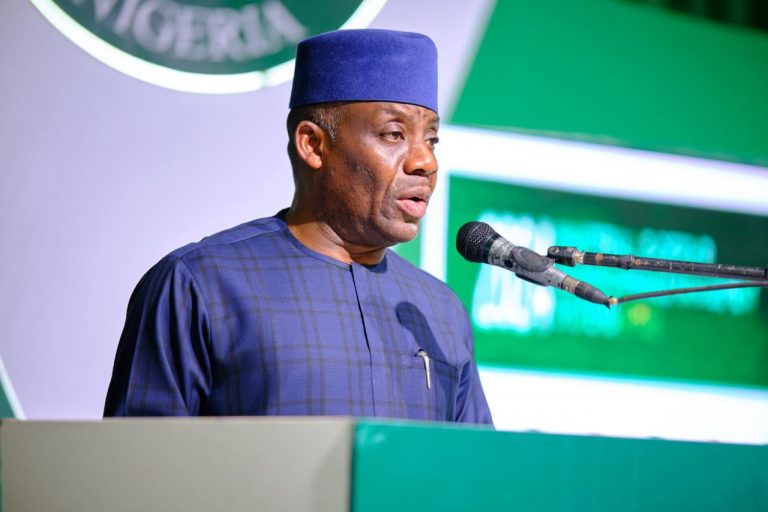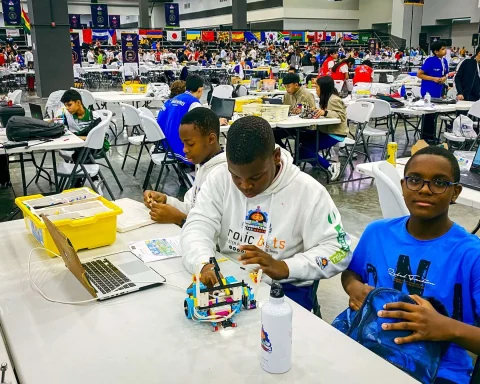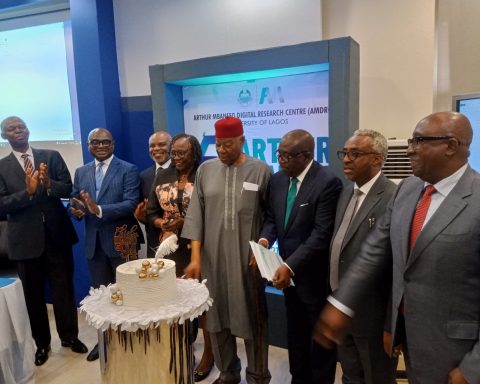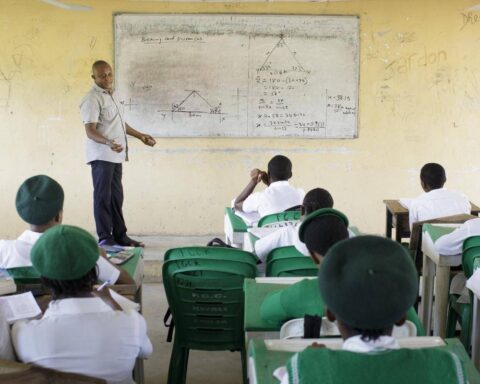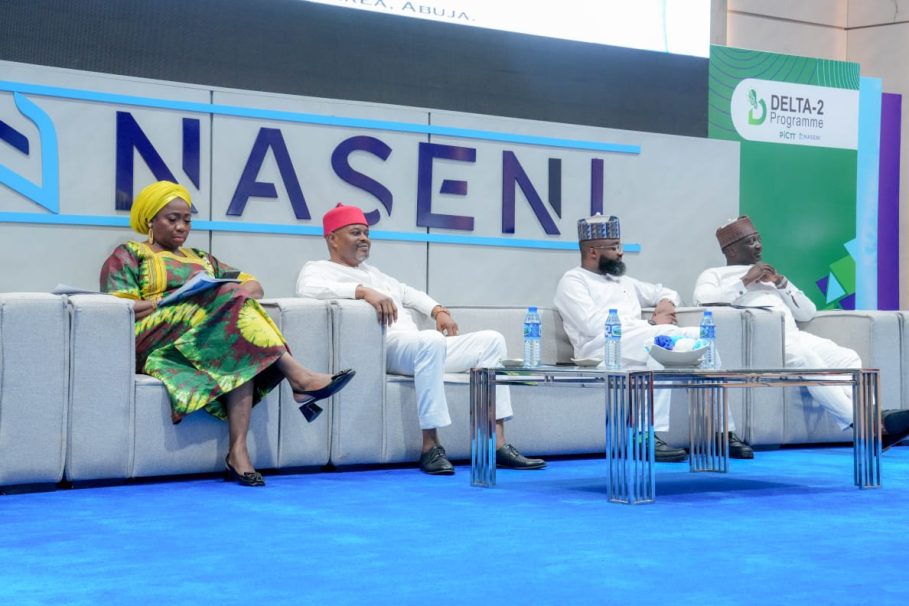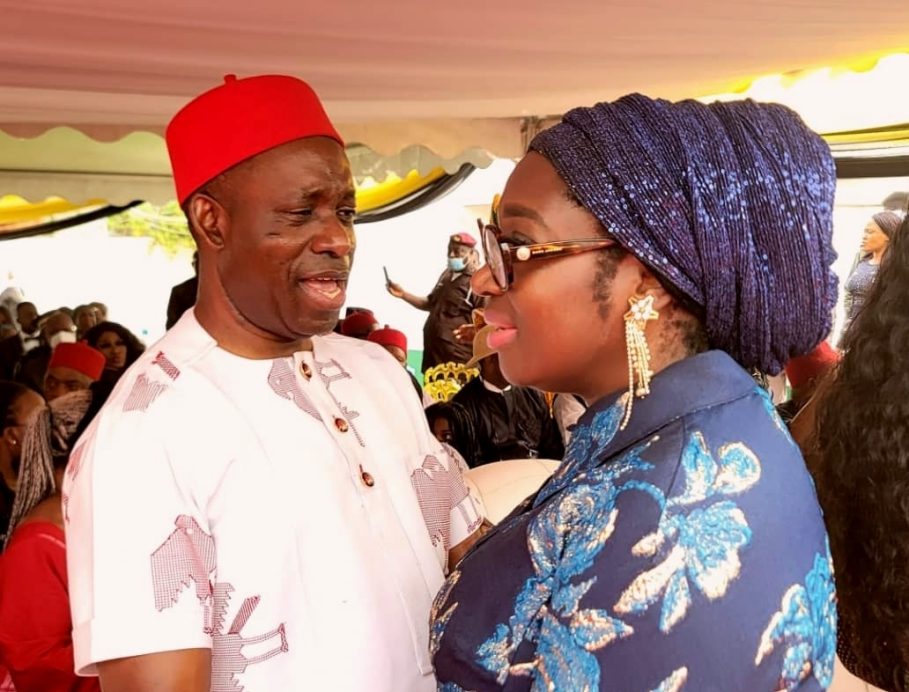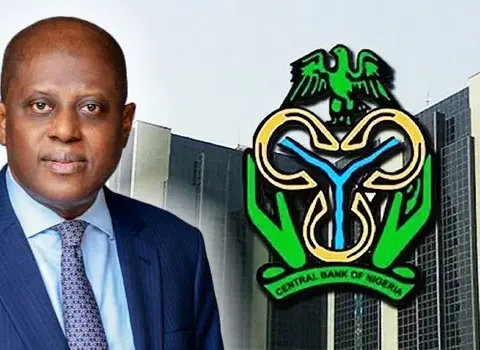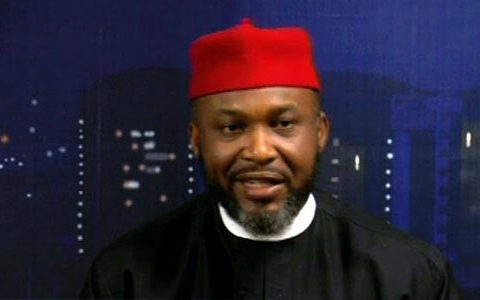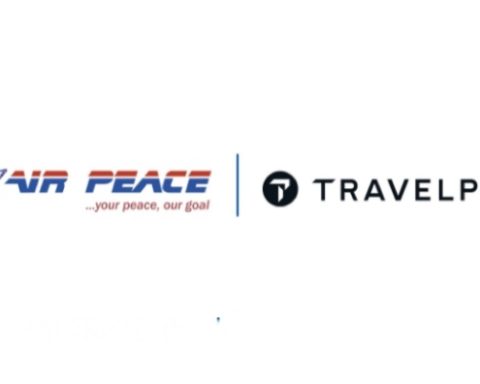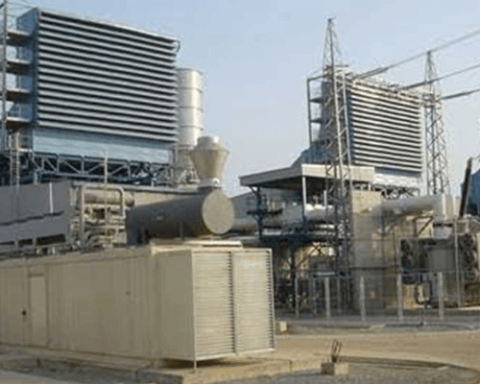The Federal Government has announced a sweeping curriculum reform for technical education, aimed at preparing Nigerian youths with the skills needed to thrive in a fast-changing global economy.
In a press statement released on Wednesday, the Federal Ministry of Education said the new framework will take effect from the 2025/2026 academic session across all Federal Science and Technical Colleges (FSTCs). The overhaul, jointly unveiled by Education Minister Dr. Maruf Tunji Alausa and Minister of State for Education Professor Suwaiba Sa’id Ahmad, seeks to reduce curriculum overload, strengthen trade competencies and align training with international standards.
Under the new structure, every FSTC will offer a minimum of six and a maximum of ten trade courses. Students will take between nine and ten subjects, including one core trade course, five or six general subjects such as Mathematics, English Language, Physics, Chemistry, Biology, and Citizenship and Heritage Studies, plus two or three trade-related subjects and one elective.
Join our WhatsApp Channel26 Modernised Trade Areas
A total of 26 trade areas have been streamlined and modernised to meet industry needs. According to the ministry, these are:
- Brick Laying, Block Laying and Concreting
- Woodwork, Carpentry and Joinery
- Plumbing and Pipe Fitting
- Computer Hardware & GSM Repair and Maintenance
- Refrigeration & Air-conditioning Works
- Mechanized Agriculture (Mechanics or Operations/Smart Agriculture)
- Autobody Works
- Catering Craft Practice
- Solar PV Installation and Maintenance
- Fashion Design and Garment Making
- Livestock Farming/Animal Husbandry
- Fish Farming Activity (Aquaculture)
- Motorcycle & Tricycle Repairs
- Painting Decoration and Finishes (Interior Design)
- Welding & Fabrication
- Auto-Electrical Wiring
- Automobile Mechanics
- Beauty Therapy & Cosmetology
- Creative Media (Digital Media Production)
- Electronic Systems Maintenance Craft
- Furniture Making & Upholstery
- Networking & System Security (Satellite TV Antenna Installation and Maintenance)
- Social Media Content Creation and Management
- Tiling & Cladding (Tilling and Decorative Stonework or Floor Cover Installation)
- Automobile CNG Conversion and Maintenance
- Leather Works
Officials say these trades are critical to driving Nigeria’s manufacturing, renewable energy, creative and digital service sectors.
READ ALSO: Nigeria Must Prioritise STEM Education For Rapid Development – Prof. Bart Nnaji
Nigerian Govt Postpones New Basic School Curriculum To September
National Values Meet Practical Skills
The reforms also introduce Citizenship and Heritage Studies, a new subject combining Nigerian History, Civic Education and Social Studies to ground students in national values while they develop practical technical skills.
Education Minister Alausa noted that the revamp aligns with President Bola Tinubu’s Renewed Hope Agenda, which targets expanding Nigeria’s economy to one trillion dollars by 2030. He said the updated curriculum is designed to give students a competitive edge globally and to “ensure they are gainfully employed and contributing meaningfully to national development.”
The ministry assured schools, parents and students of full support during the transition and promised that a comprehensive guide to the new subjects and trade areas will be circulated ahead of implementation.
The reforms signal a significant policy shift toward skills-based education, positioning Nigerian youth to fill emerging roles in renewable energy, digital technology and creative industries.
By reducing curriculum overload and modernising trade options, the government aims to boost employment prospects, enhance Nigeria’s global competitiveness and help realise its economic growth targets by 2030.
Amanze Chinonye is a Staff Correspondent at Prime Business Africa, a rising star in the literary world, weaving captivating stories that transport readers to the vibrant landscapes of Nigeria and the rest of Africa. With a unique voice that blends with the newspaper's tradition and style, Chinonye's writing is a masterful exploration of the human condition, delving into themes of identity, culture, and social justice. Through her words, Chinonye paints vivid portraits of everyday African life, from the bustling markets of Nigeria's Lagos to the quiet villages of South Africa's countryside . With a keen eye for detail and a deep understanding of the complexities of Nigerian society, Chinonye's writing is both a testament to the country's rich cultural heritage and a powerful call to action for a brighter future. As a writer, Chinonye is a true storyteller, using her dexterity to educate, inspire, and uplift readers around the world.


